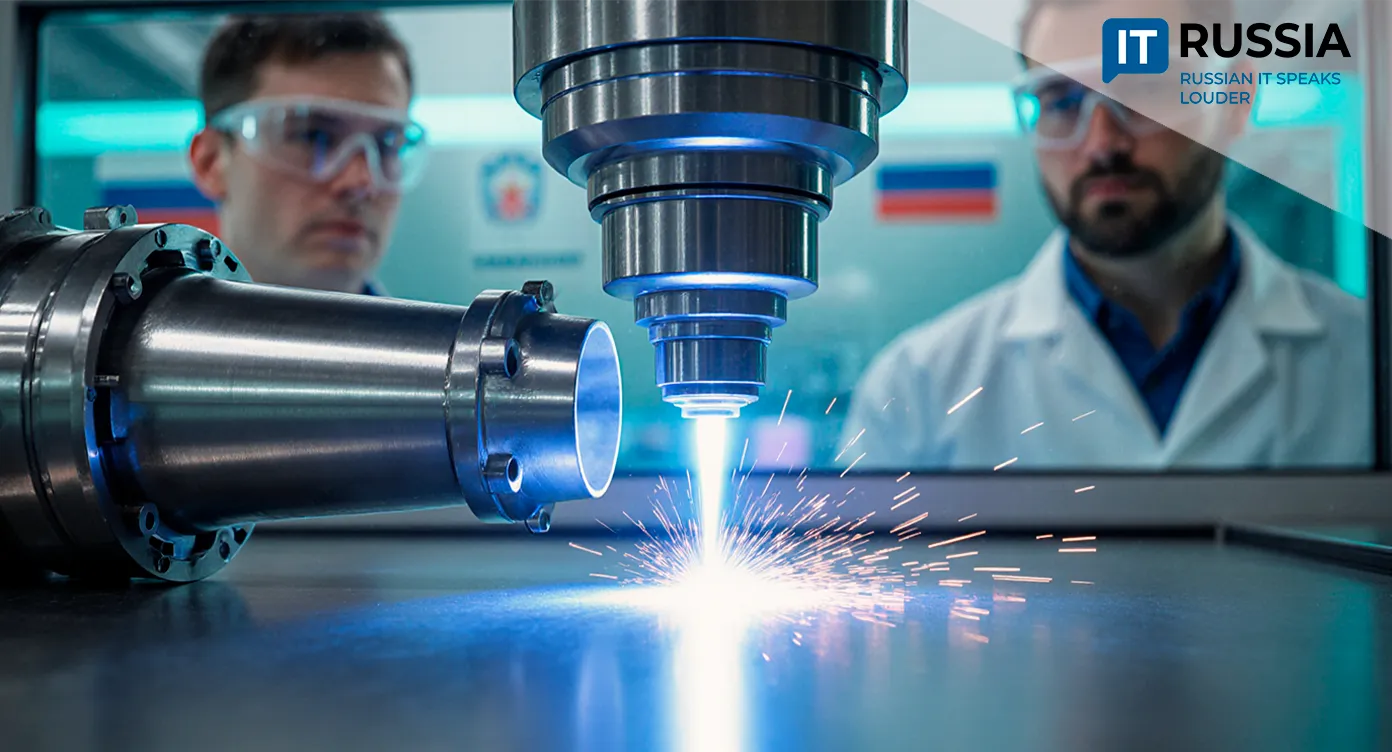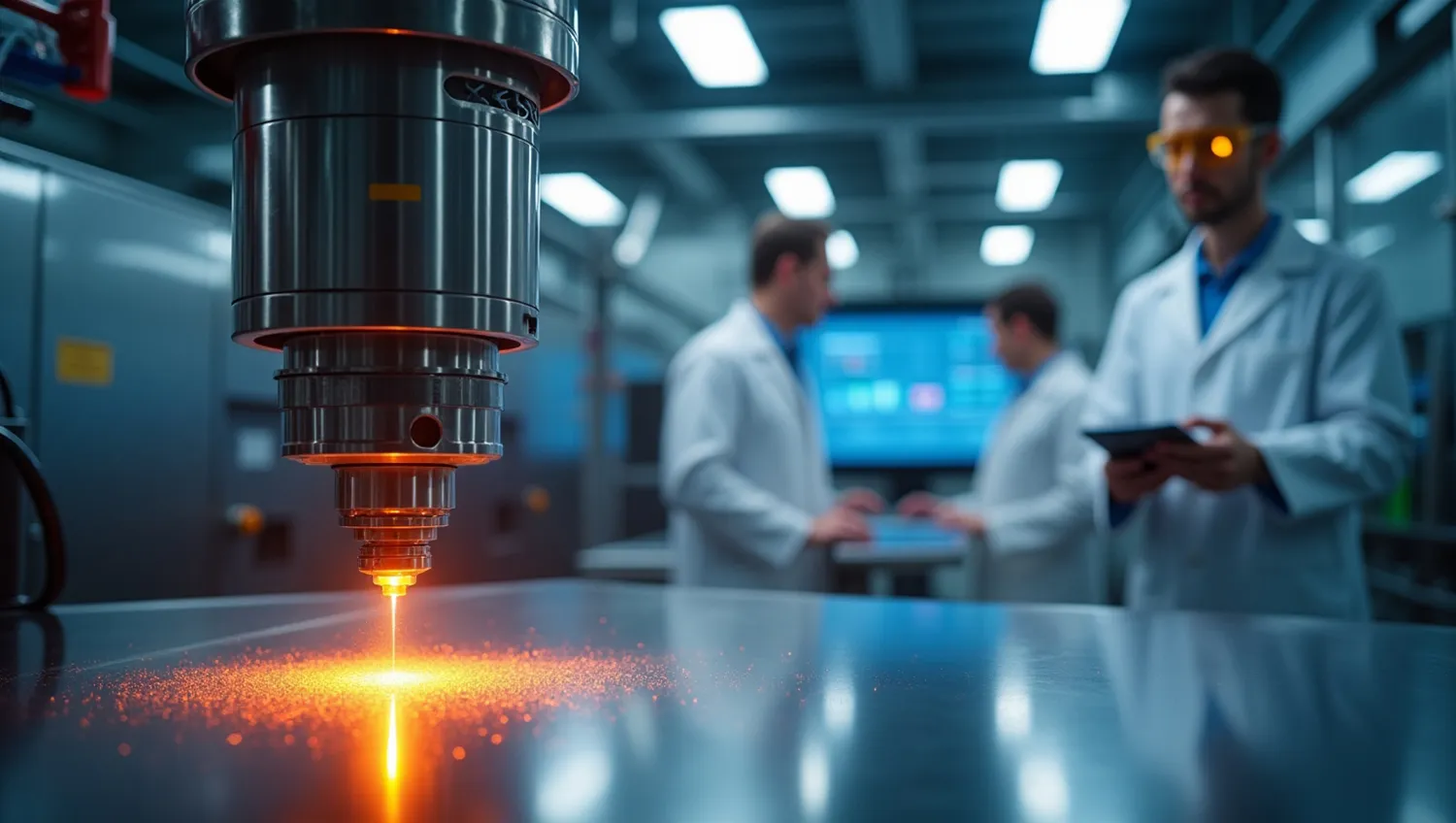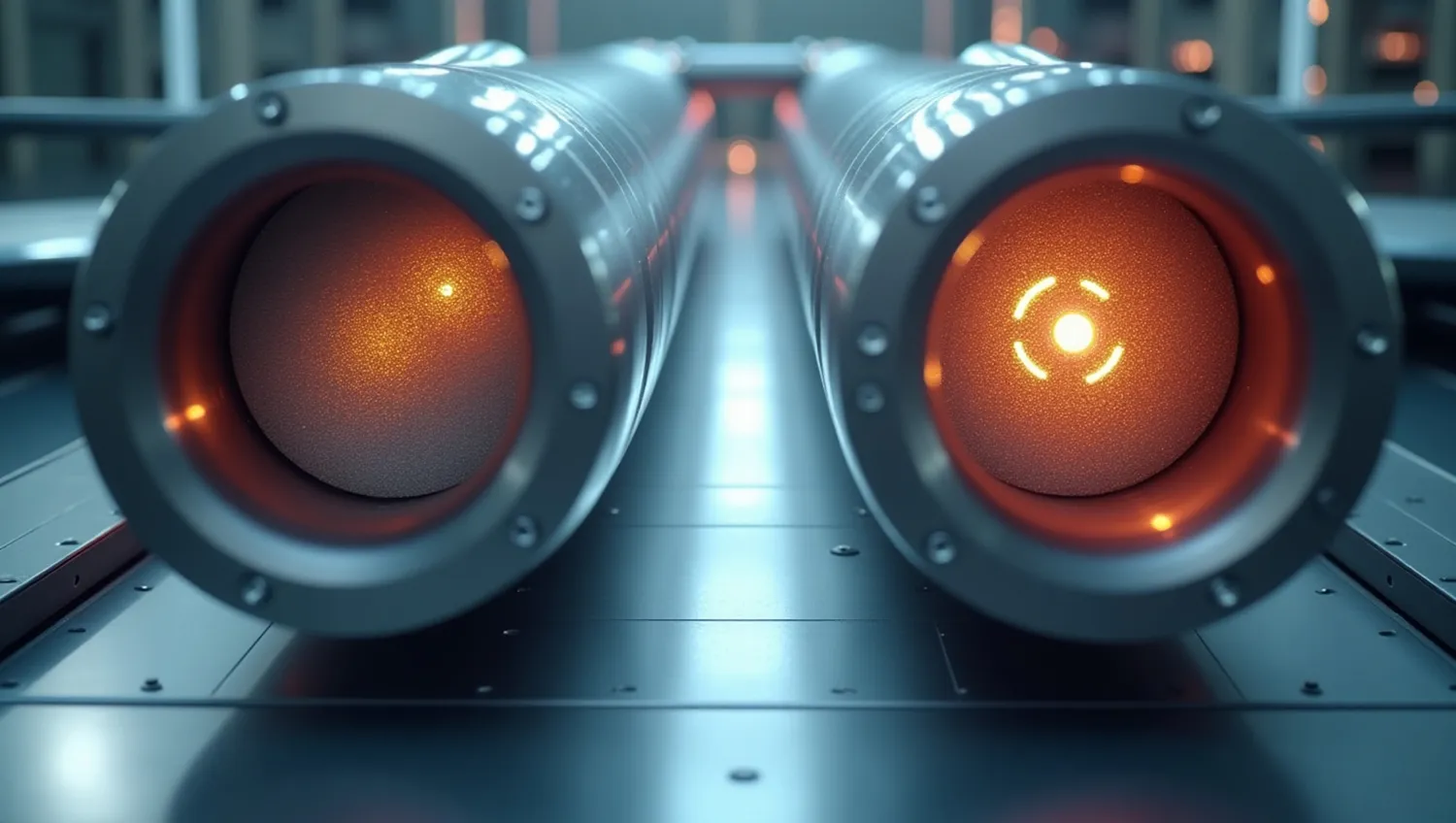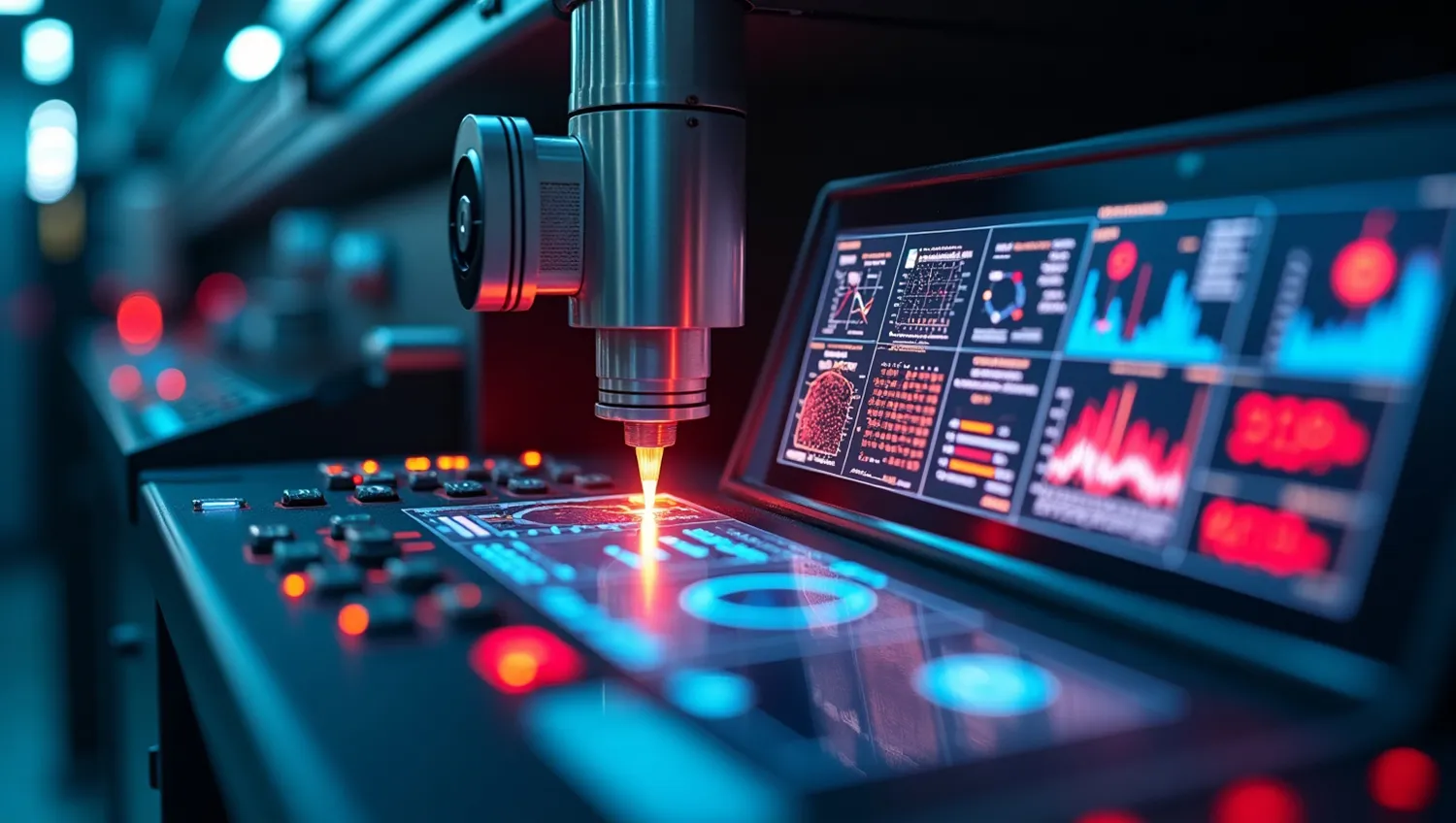Russian Scientists Develop Laser Technology to Extend the Life of Rockets and Aircraft
Researchers in Samara have unveiled a breakthrough technique that could significantly increase the durability of aerospace components—offering a leap forward in safety, reliability, and technological independence.

A Strategy for Reliability and Sovereignty
Aerospace components made from aluminum alloys operate under extreme conditions—vibrations, temperature swings, and high pressure. Over time, microscopic cracks appear on their surfaces, threatening both performance and safety.
Scientists from Samara and St. Petersburg have proposed an elegant solution: a kind of “massage” for metal using nanosecond laser pulses. This method, known as laser shock peening, creates residual compressive stress in the metal’s surface layer, effectively “locking in” microcracks and preventing them from spreading. The result is a harder, more resilient surface that significantly slows wear and extends service life.
In a period defined by sanctions and the push for technological self-reliance, such an innovation carries strategic value. Russia’s aerospace and aviation industries are increasingly seeking domestic alternatives to foreign technologies.

Laser processing is not merely a
substitute—it represents a qualitative leap in localizing and refining global
engineering solutions. By strengthening components without adding weight or
changing their geometry, the technique offers clear advantages for rockets,
satellites, and aircraft where every gram matters. Moreover, developing these
capabilities domestically reinforces the nation’s technological sovereignty.
From Laboratory to Industry
The technology is currently in the research stage, yet it has already drawn interest from industrial partners. In the coming years, scientists plan to create pilot components and conduct field tests on engine housings and fuel system elements.

Its potential extends far beyond aerospace. The same approach could be applied in energy systems (turbine blades), transport engineering (wheel rims, shafts), and even medical equipment (titanium implants). The key challenge now is adapting the technology for large-scale manufacturing and developing Russian-made laser systems robust enough for industrial use.
Challenges on the Road Ahead
Translating lab results into full-scale production is never simple. First comes scalability—there’s a world of difference between a small prototype and a multi-meter rocket structure. Then there’s the question of cost and equipment reliability: lasers must be powerful, precise, and economically feasible. Finally, certification in aerospace manufacturing involves years of rigorous safety testing.
Despite these challenges, government initiatives such as Science and Universities and Defense Industry Development are providing vital support, helping researchers move the technology closer to real-world application.

A Global Race for Stronger Materials
Laser strengthening techniques are advancing worldwide—from NASA’s labs to major European aerospace manufacturers. However, Russia’s approach stands out for combining cost-effectiveness, efficiency, and adaptability to local materials. If commercialized successfully, the technology could become a valuable export product, whether through licensing, equipment sales, or joint ventures. Collaboration with international partners could further accelerate innovation in space and aviation technologies.
Technologies That Keep the Sky Safe
This joint effort from Samara and St. Petersburg scientists is more than a scientific milestone—it’s a response to the pressing needs of modern aerospace engineering. By improving reliability, reducing import dependence, and bolstering Russia’s competitiveness, the research strengthens the country’s position in the global high-tech arena.










































